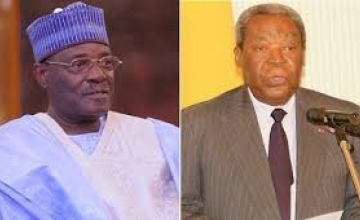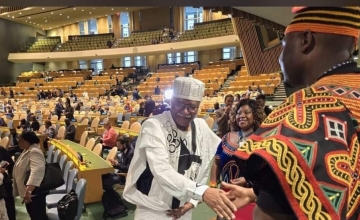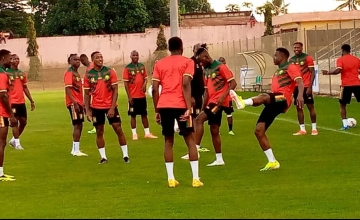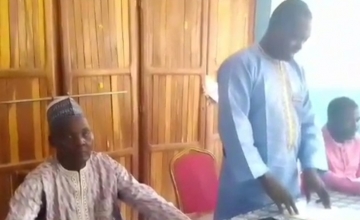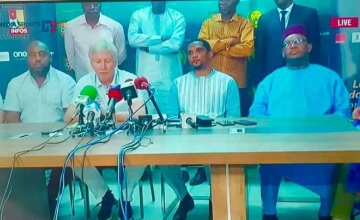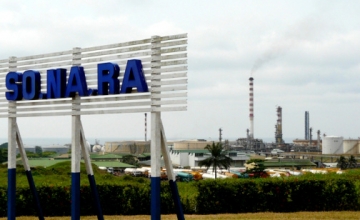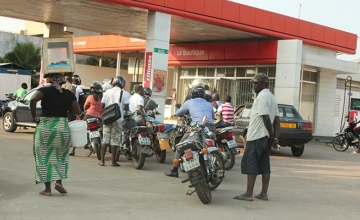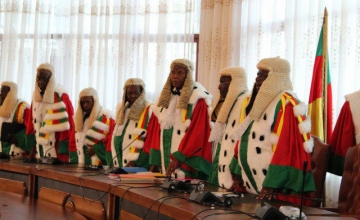
“Of the 61 persons still under detention, 31 are awaiting trial before the competent court, namely, the Yaoundé Military Court,” Issa Tchiroma Bakary said during a press conference in Yaounde on Wednesday February 15.
The government spokesman said among those awaiting trial, “one of them is appearing freely.”
Those awaiting trial include Nkongho Felix Agbor Balla and Fontem Aforteka'a Neba, leaders of the Cameroon Anglophone Civil Society Consortium (CACSC), whose existence had previously been declared null and void.
Issa Tchiroma said they are prosecuted for acts of terrorism, hostility against the fatherland, secession, revolution, insurgency, contempt of the President of the Republic, contempt of the constituted bodies and civil servants, group rebellion, civil war, dissemination of false news, apology for crimes and are tried under the 2014 anti-terrorism law.
Though the aforementioned activists pleaded not guilty at their first court appearance last February 13, they could be sentenced to death should the court eventually find them guilty.
“To these main charges, we should envisage to add those that could eventually stem from their foreseeable consequences,” the government spokesman told the press.
In an apparent response to popular opinion and some media reports, Issa Tchiroma said none of the defendants is prosecuted for the mere fact of having participated in a strike, having masterminded or participated in a peaceful demonstration.
“It should be indicated that each of the accused persons benefits from the presumption of innocence, which means that they remain innocent until the court establishes whether or not they are guilty at the end of the trial,” the communication Minister stated.
Justifying why those arrested are standing trial in Yaounde whereas they were arrested in the North West and South West regions with military tribunals, he said the Yaoundé Military Court is a court of national jurisdiction, “empowered to exercise its powers over the entire National territory in the event of serious threats to public order, State security and in case of acts of terrorism.”

